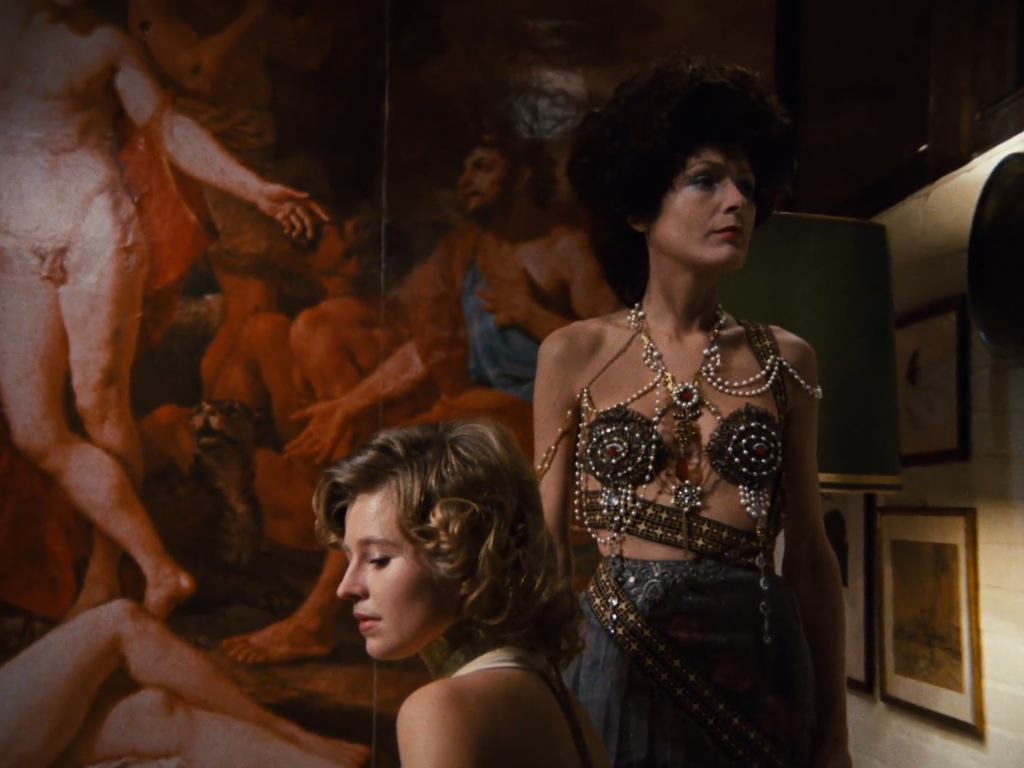
Petra von Kant, a successful fashion designer, enjoys a fairly satisfactory sado-masochistic relationship with her female assistant Marlene. Things get more complicated when she falls in love with the beautiful young Karin.
“I love movies. Pictures about passion and pain. Lovely!
[...]
It’s a waste of time being nice to servants.”
Petra von Kant
“Only in retrospect is it possible to see what Comedie humaine Rainer Werner Fassbinder left behind in his oeuvre, how intensely his filmic narratives are saturated with human beings, with the politics, with the history and with everyday life in the context of Germany... Nowhere else is the Federal Republic present in such a broad sweep and with such depth of perspective, except perhaps in the work of Heinrich Böll.... [And] in contrast [to a director like Andrzej Wajda], the paradigmatic character of Fassbinder’s oeuvre came about both against the establishment consensus and without creating a political identity. In his films, no nation recognized itself, though the nation is recognizable in and through the 14 films.”
Wolfram Schütte1
Margrit Carstensen: My first important movie with Rainer was The Bitter Tears of Petra von Kant. I had recently worked with Peer Raben on the stage play for Experimenta at Frankfurt and was able to draw on that experience. Yet Rainer’s film adaptation was what first made me aware of the subject’s personal character. Rainer and I loved to present people’s shortcomings, to disclose their psyche, their sentimentalities, those multi-faceted aspects which arouse sympathy. It was what bound us together. We never needed to discuss anything. During a shoot, he never indicated how a character should be presented or how certain results might be achieved. Sometimes he surmised that a certain expression of mine had been sparked by accident in the heat of the situation. I don’t think he always knew how carefully I had worked up to such accidents!
Juliane Lorenz: And he encouraged such ‘accidents’?
Carstensen: He allowed every one of us to blossom by his side. In his movies, he treated everyone with the same tenderness and total concentration. You were aware of the reverence with which he laid bare the actor’s soul. None of us could have been memorable without that loving look from his eyes.
Lorenz: Did he demand submission?
Carstensen: What he demanded was love, or let us say, voluntary submission. Yet a growing number of people were just out for profit, even at the price of unmitigated groveling. If he was aware of it, he played the despot and let them lick his boots. He enjoyed the power game on every level. He never missed an opportunity to find out how people would react. But he also allowed himself to be deceived. His yearning to be loved made him blind to certain things.
Juliane Lorenz in conversation with Margrit Carstensen2